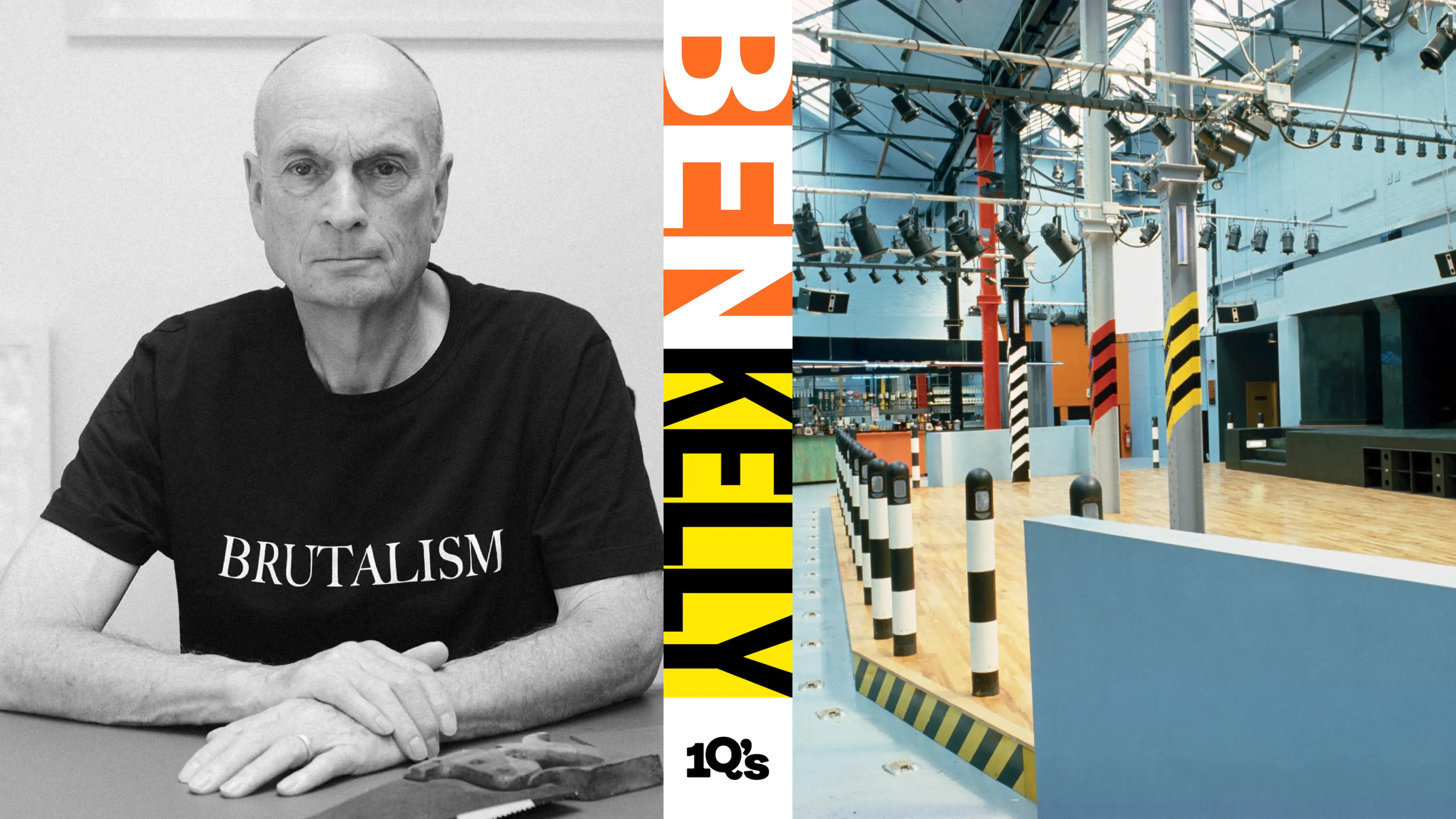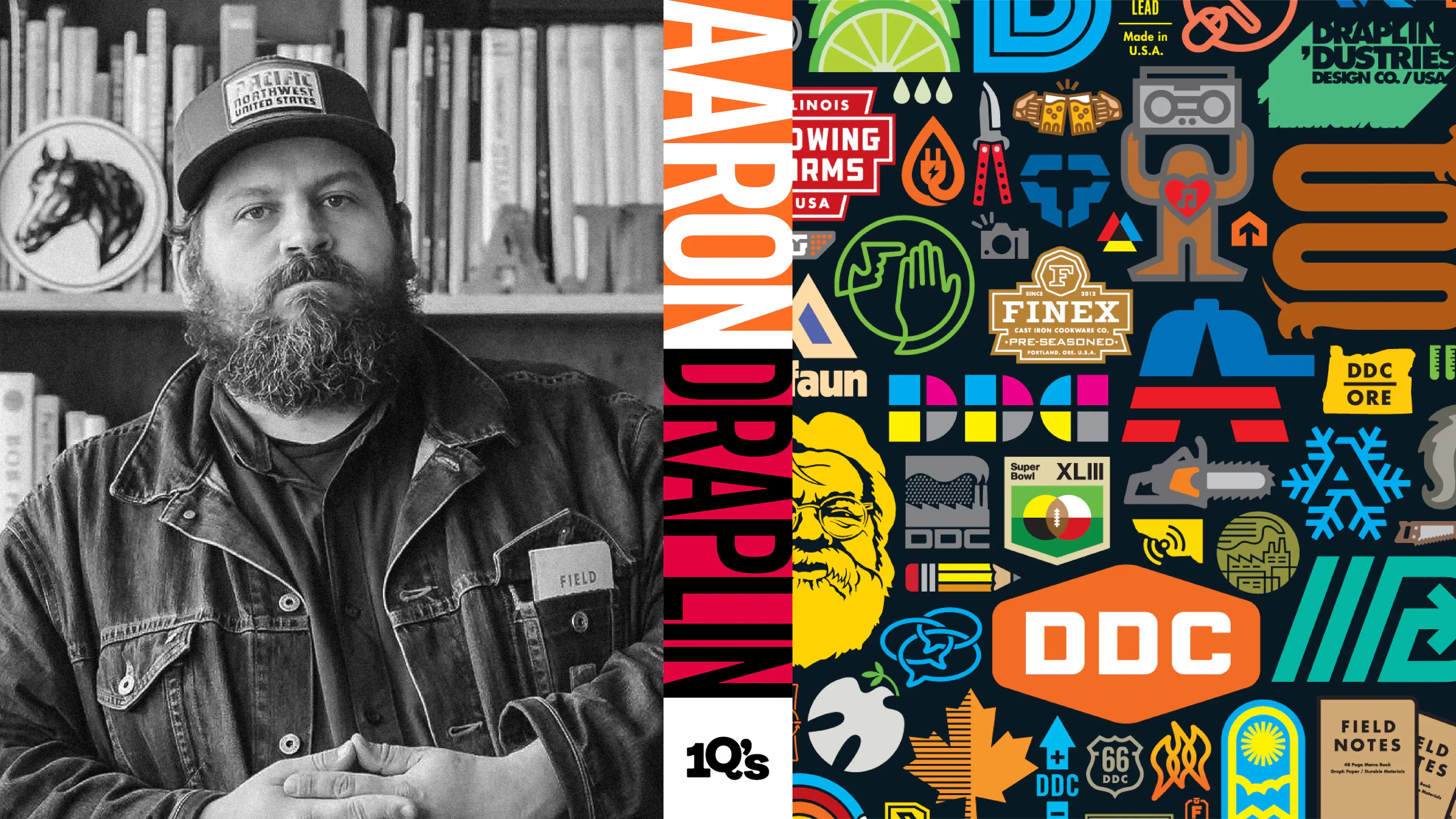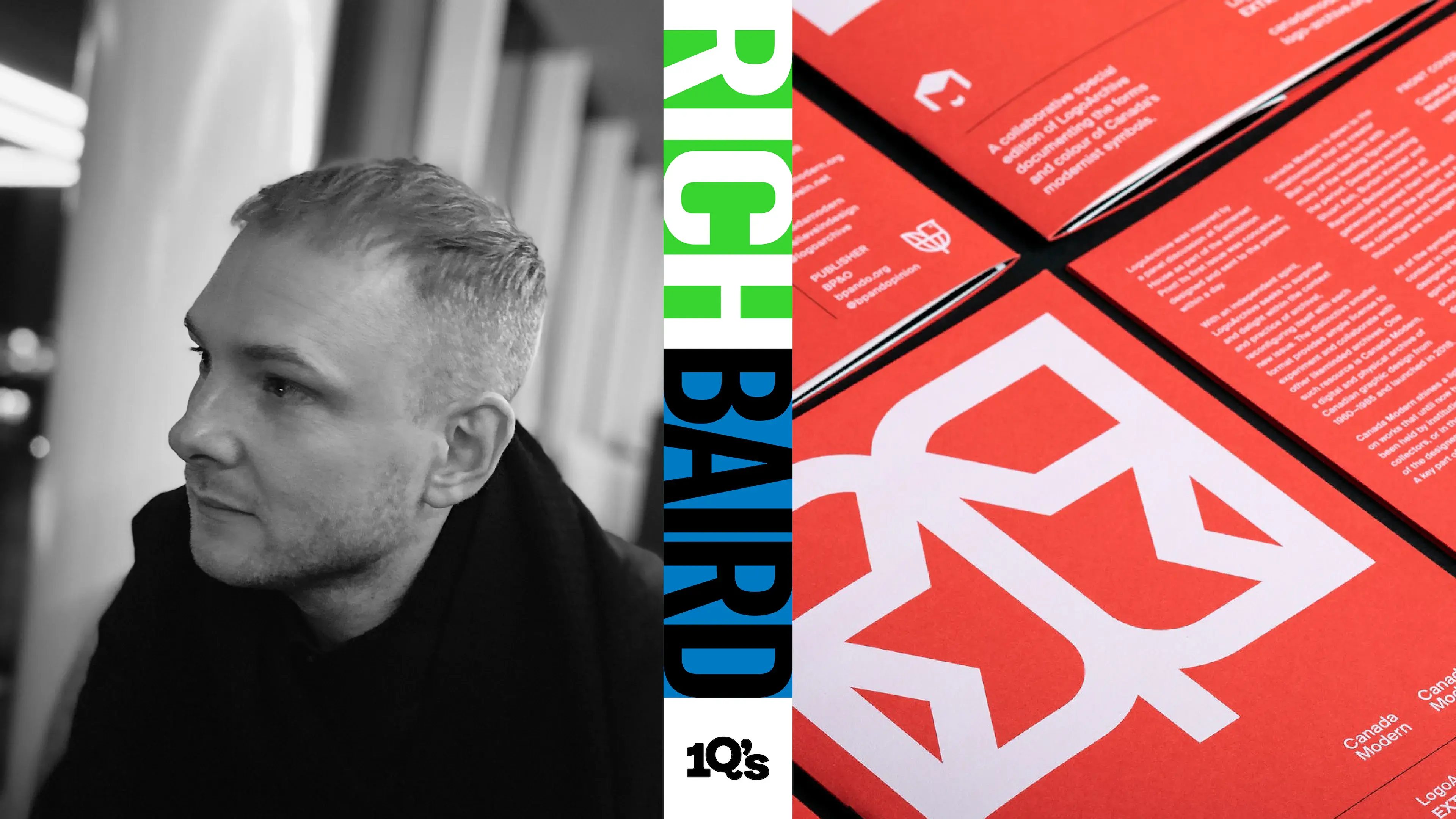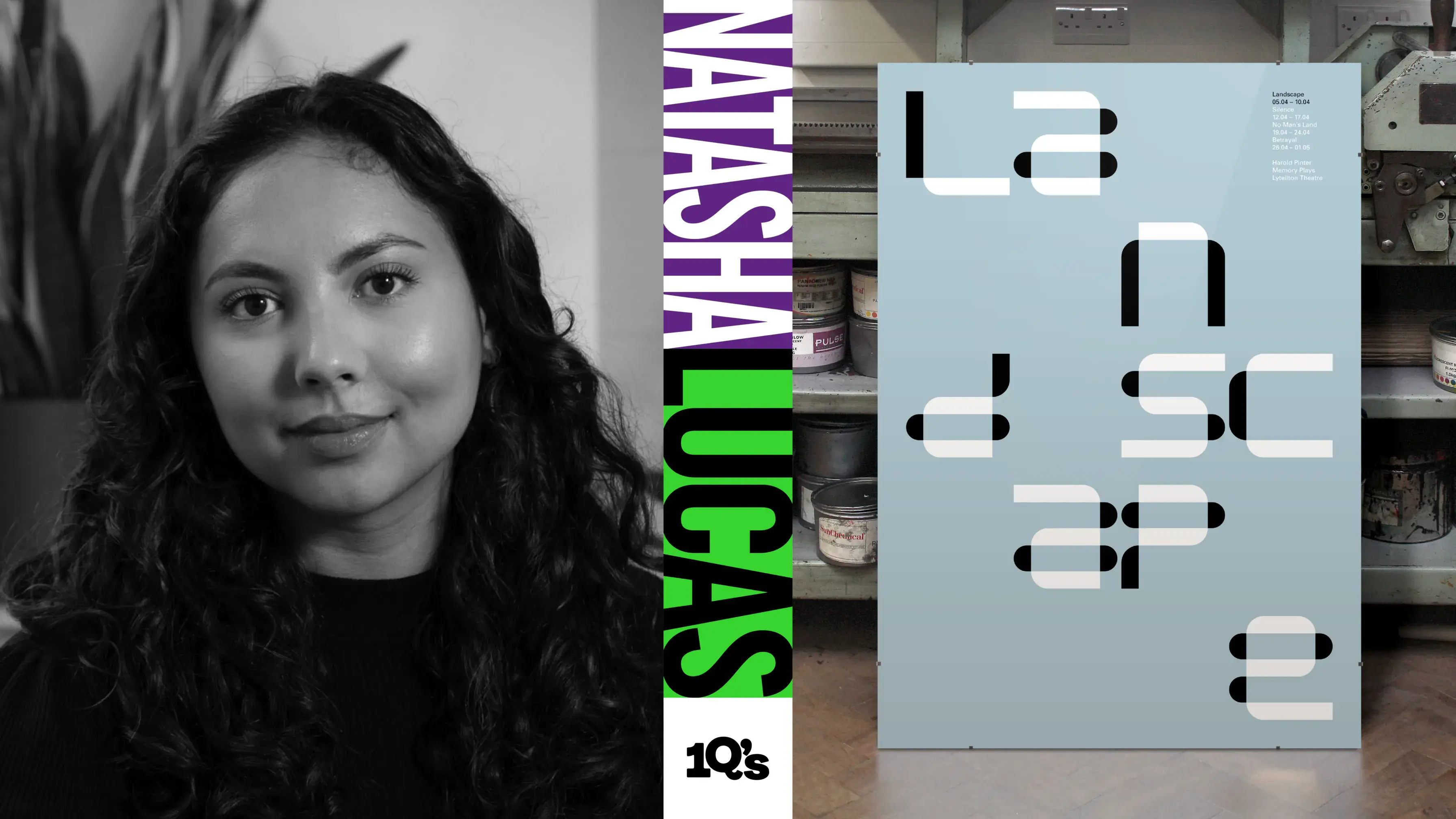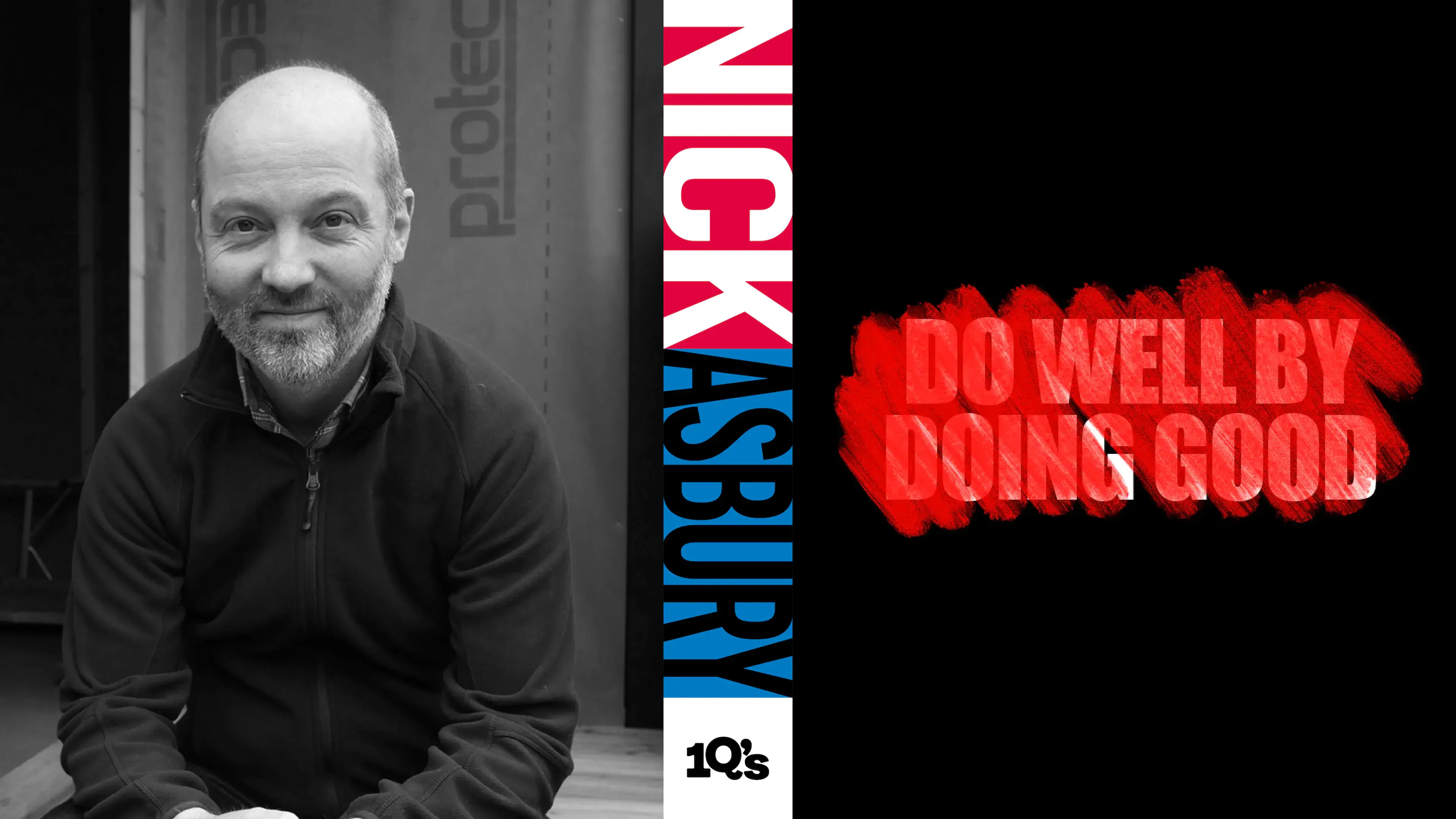
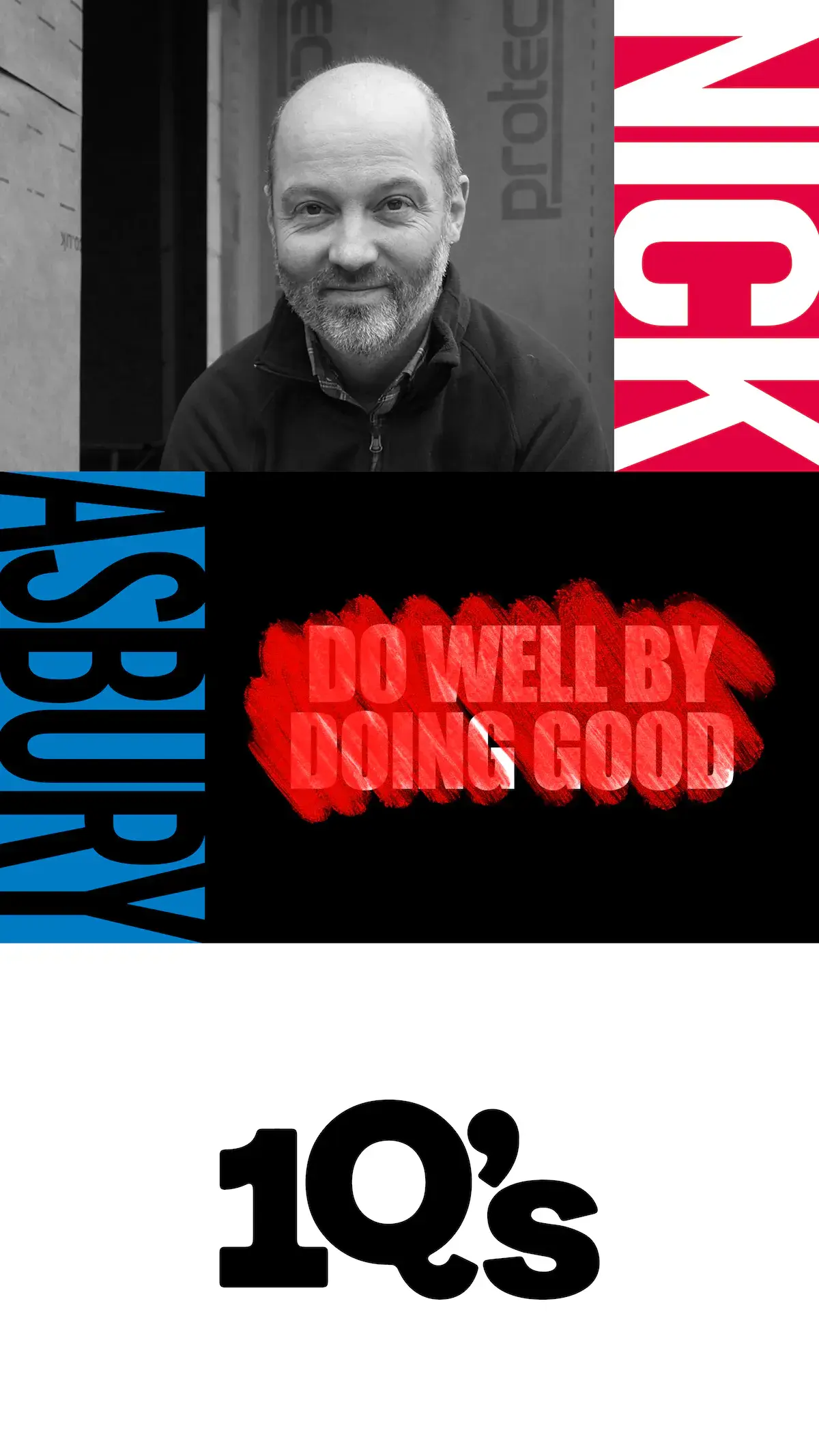
10?‘s with writer, author and poet, Nick Asbury
As one of the most awarded writers in the D&AD Writing for Design category, it‘s fair to say Nick Asbury knows how to write for design. He‘s worked with agencies on campaigns, contributed to books and writes his own blog. He‘s also a friend of the studio and this time we wanted to do something different with our 10 Questions...
Nick, we all know and love you for your creative copy, dry wit, poignant poetry and disappointments diaries – but more recently you‘ve taken on a big topic that it seems we‘re all grappling within design: Brand Purpose. You talk passionately about how purpose is taking over award schemes, and how clients are shifting to purpose-led thinking; which can be a powerful strategy if you are elevating trans rights or female empowerment, but maybe less so if you‘re pushing tech platforms or fizzy drinks. So we wanted to hijack this 10 Questions series to pick your brains on the problem with purpose. When and where it is relevant, and what we should do when purpose isn‘t relevant. So let‘s go...
Can you give us all a quick purpose 101? What is your definition of it, and why is finding your ‘why’ such a hot topic right now?
My definition is the same as the one used by most people in the business world: it‘s the idea that businesses should serve a social purpose that goes beyond making a profit. (I hear some people talking about ‘commercial purpose’ or ‘customer purpose’, but I don‘t think it‘s helpful – those things are ultimately synonymous with the pursuit of profit, so the distinction doesn‘t lead anywhere useful.)
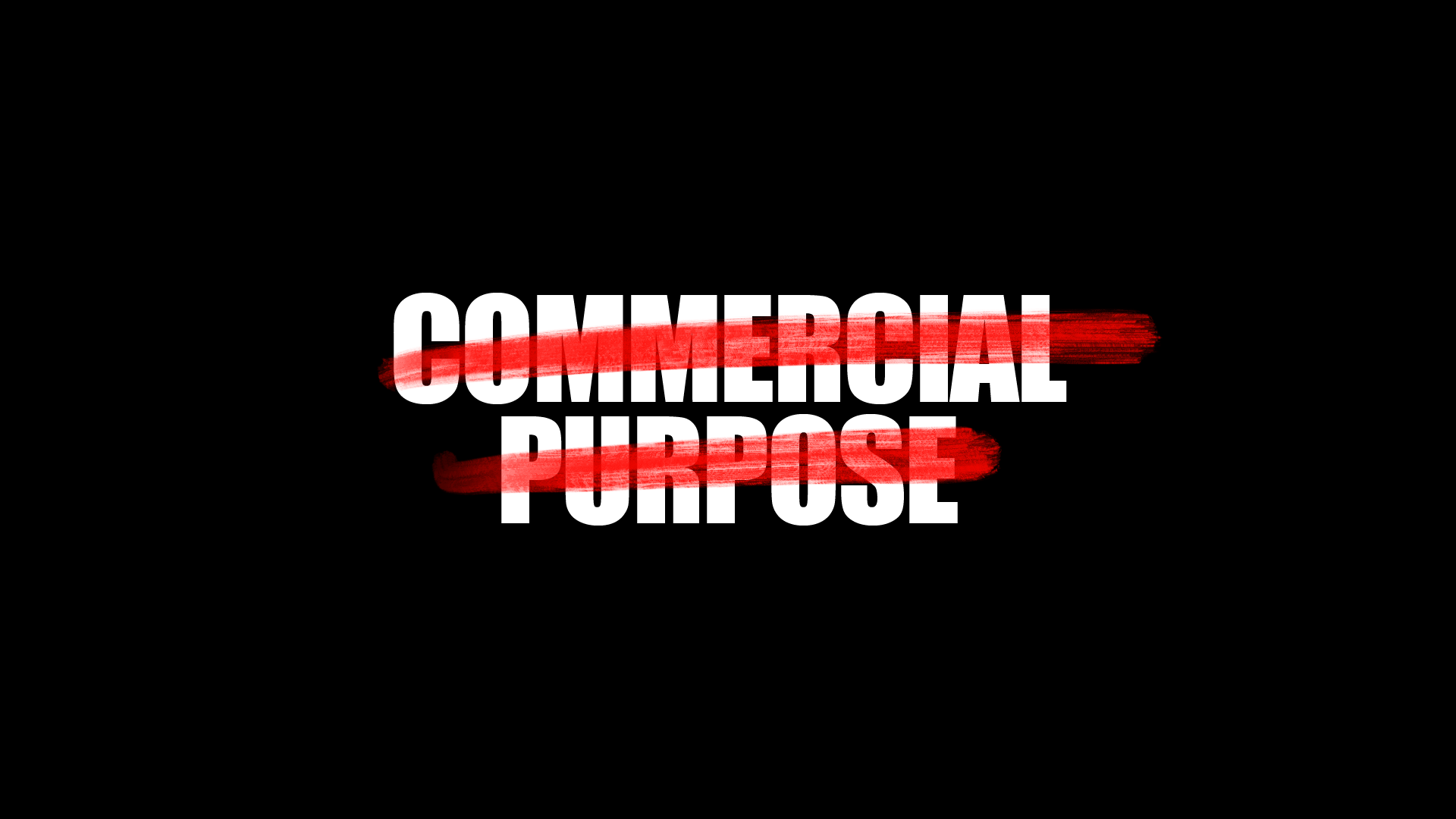
The basic argument of purpose is that businesses should ‘do well by doing good’. It‘s a win-win way of looking at the world, where corporations actively go out of their way to intervene in social issues and (in theory) get rewarded in the marketplace as a result. In branding terms, the mantra is ‘start with why’ – i.e. identify your social purpose and define yourself around it.
The current idea of Purpose took off post-2008 when business set out to restore its reputation after the financial crash. But it‘s a reframing of an older argument about the role of business in the world, which goes back to at least the 1950s.
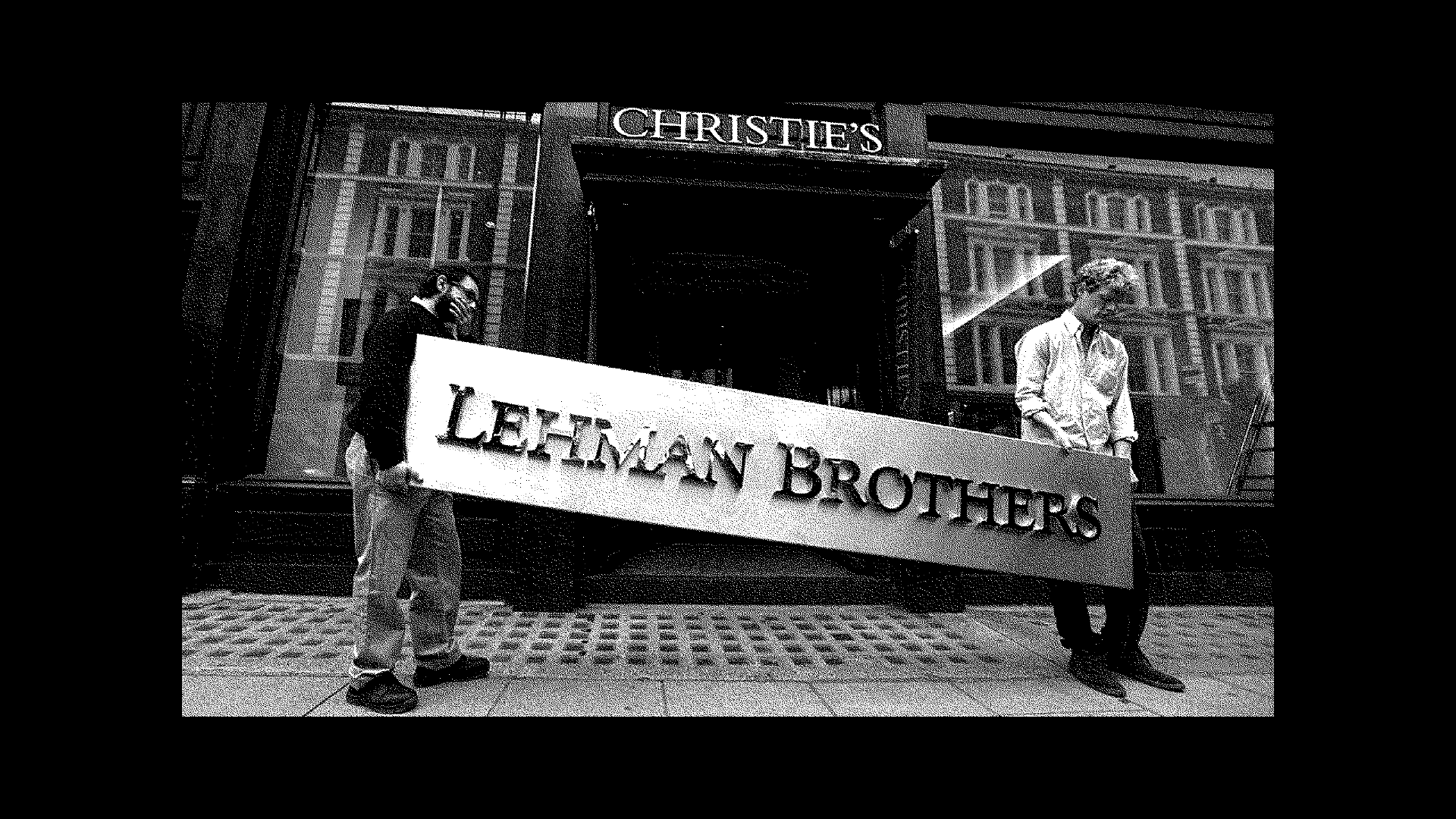
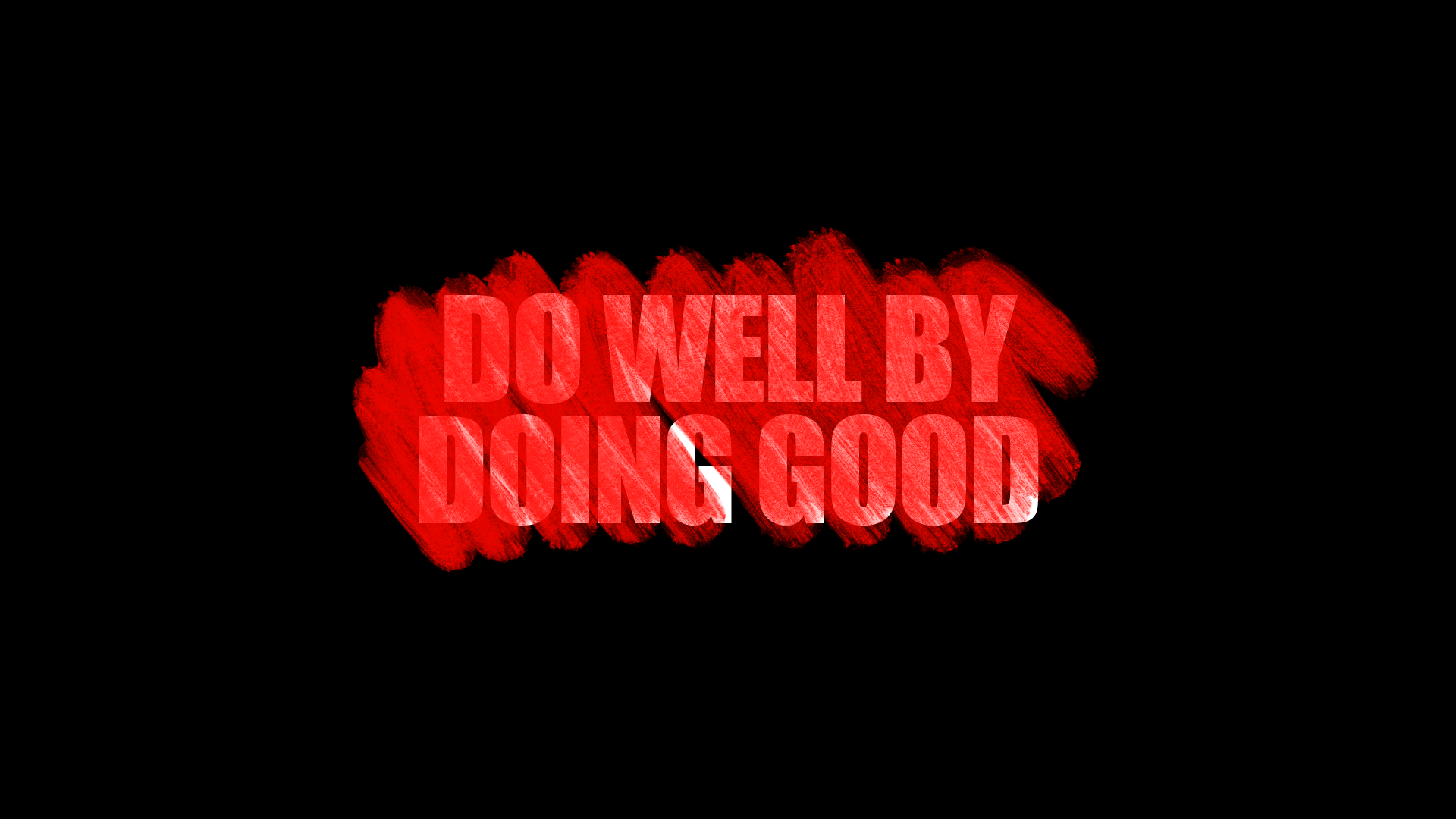
Thanks to the self-appointed voice of brand strategy: Simon Sinek, and a surrounding set of alluring facts on how purpose-led brands do better, clients are running towards it like ducks to water. It seems like the holy grail of branding. So, what‘s the problem?
It‘s always been a brilliantly seductive argument. First, it flatters businesses into seeing themselves as inherently noble. You‘re not just selling soap, you‘re enhancing people‘s self-esteem and making the world a better place! You‘re not just selling burgers, you‘re bringing communities together in a shared experience! You‘re not just selling shared office space, you‘re elevating the world's consciousness! (I made the first two up, but the last one is real.)
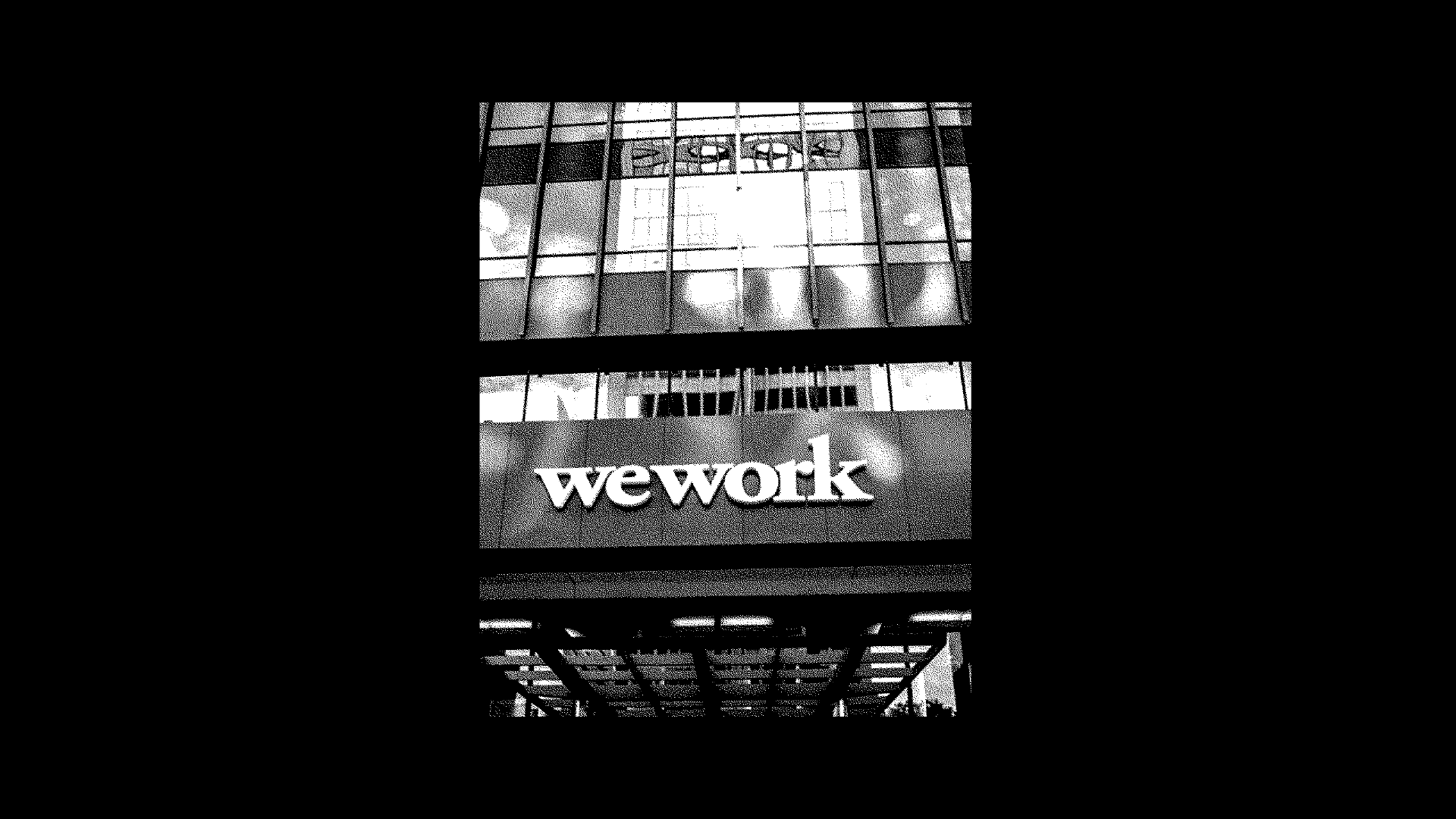
Having established your client as the hero, you then reassure them that the more stuff they sell, and the more profit they make, the more good they are doing in the world. So you still get to be well-paid, work in nice offices and travel the world, just like before – but you can feel good about it at the same time.
The problem is that it‘s not true. In a sane world, people interested in a purpose-driven life (which is no bad thing) would go to work for charities, non-profits, schools, or maybe run for office. It might mean you get paid less, but what you lose in salary you gain in meaning and self-worth. Now the same people go to work for Goldman Sachs or Unilever or Facebook and convince themselves they are social justice activists.
Meanwhile, countless brands are badly served by the ‘start with why’ mantra, which inevitably leads to generic branding. In the end, every brand turns into another version of ‘we’re here to make the world a better place’. And every ad has this air of over-earnest emoting with a tenuous link back to the product.
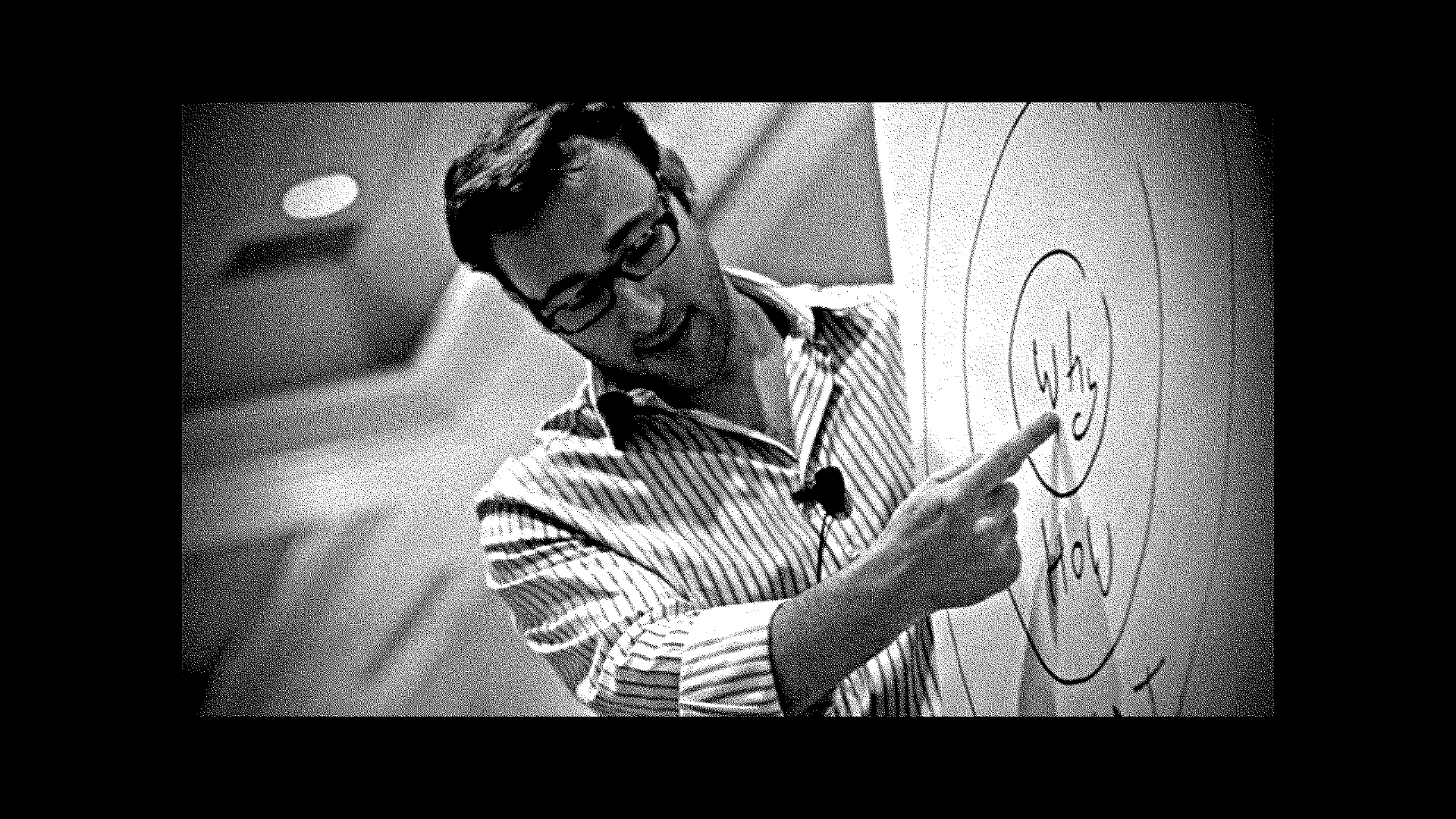
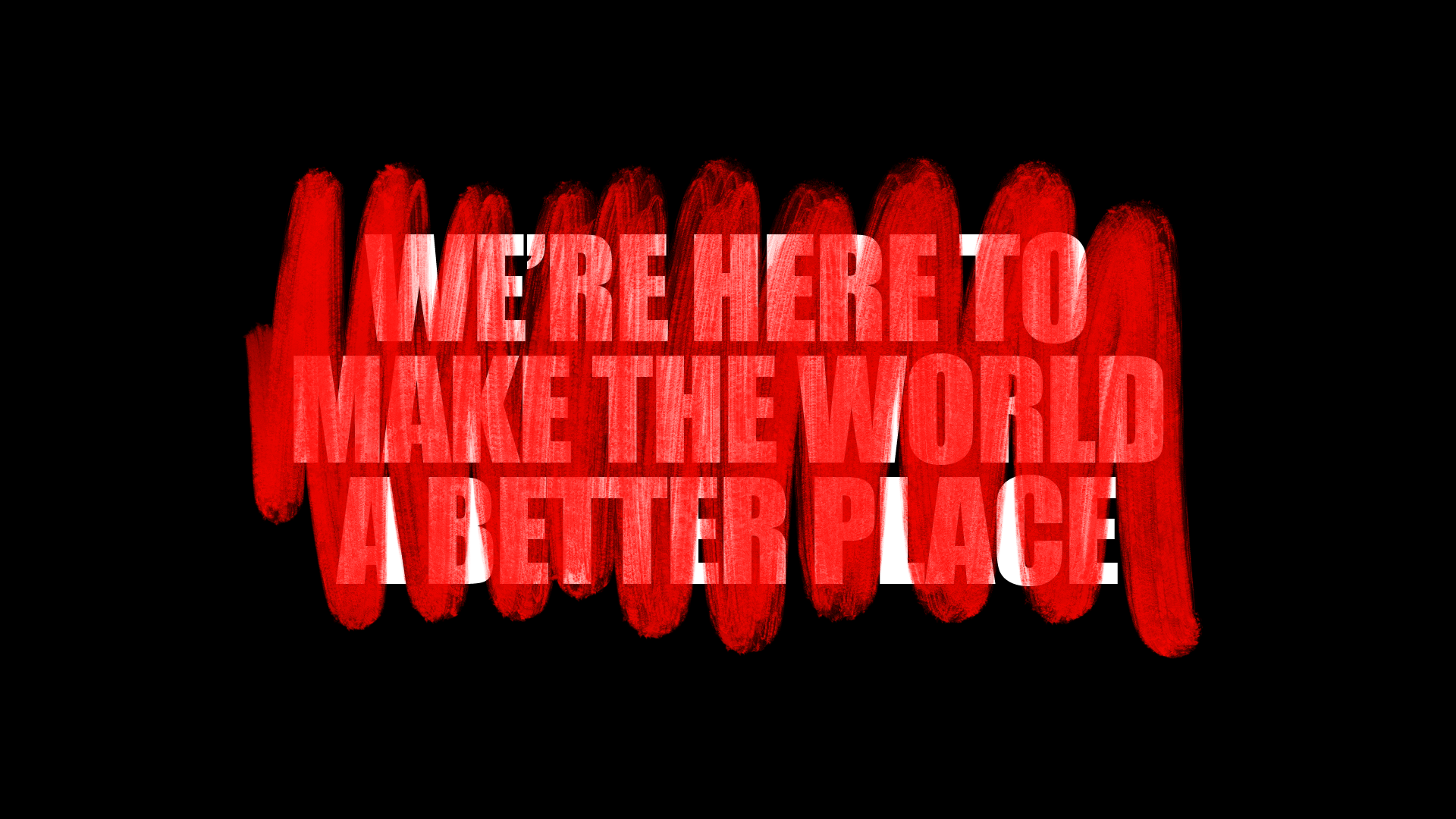
The public sees straight through it. As I‘ve said before, people used to laugh at ads – now they laugh at ad agencies.
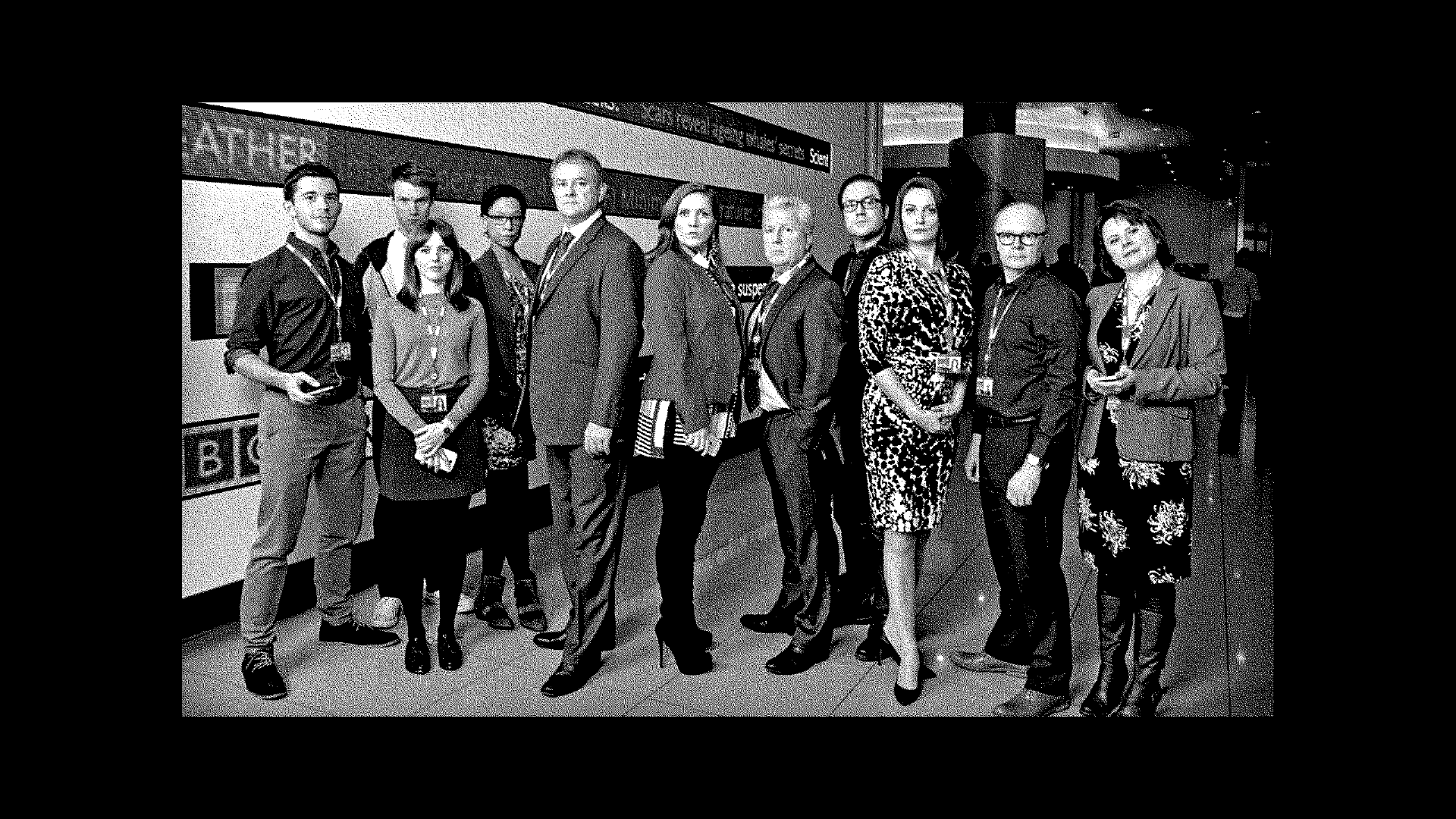
If an agency is asked by a client to create a Brand Purpose for them, is there a checklist or qualifying criteria they should first consider?
Item one would be ‘How much do we need the work?’
I think it‘s a difficult climate for agencies. Even if you‘re quietly sceptical about purpose, a lot of clients still think it‘s something they need. So you can either go along with it as best you can, or you can step back and ask them what they really want to achieve – and it could quickly become clear that a purpose statement isn‘t going to help them get there.
I've been in positions where I‘m committed to a project and it's subsequently become clear they want a purpose statement. And I‘ve usually tried to do the job professionally, while gently backing away. These days, the fact that I'm vocal about it means I probably don’t get asked as often.
But on the whole, I like to think clients respect intellectual honesty. If you think something is bullshit, they‘ll probably appreciate hearing it – and they may be relieved as they‘ve secretly been thinking the same thing all along.
One other point: I do a lot of work with non-profits, and cultural/educational clients, where it‘s not crazy to talk about purpose. In those cases, why is an interesting question to ask – but then so are who, what, how, where and when.
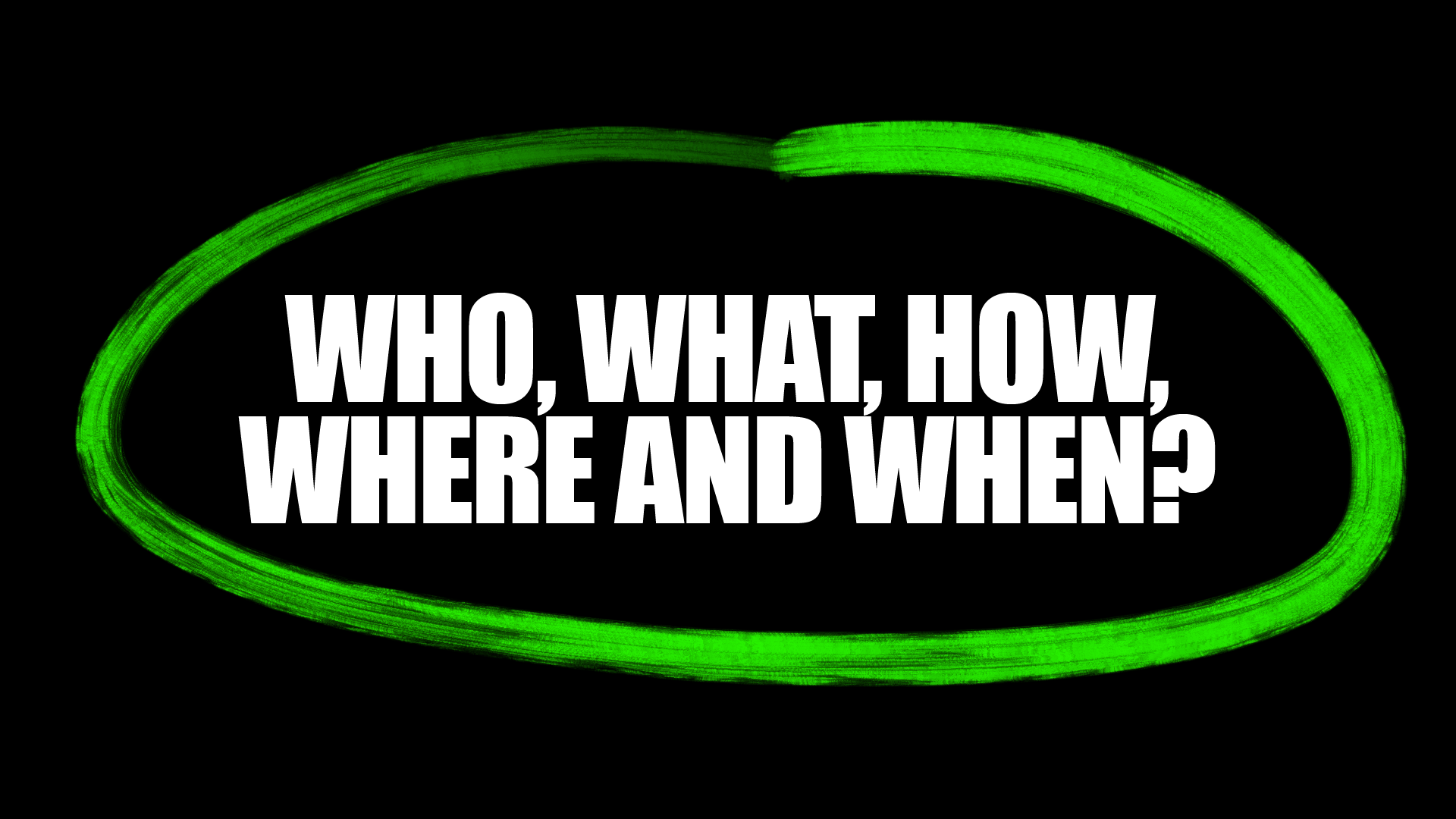
And if purpose doesn‘t feel appropriate, what alternatives are there?
I work a lot with Johnson Banks and think Michael Johnson‘s Branding in Five and a Half Steps is as good a guide as any to the branding process. He‘s less of a purpose sceptic than me, but partly because he works for clients where it‘s more relevant (non-profits etc). He recommends asking Why are we here / What do we do / How do we do it / What makes us different / Who are we here for / What do we value the most / What‘s our personality?
With any individual client, some of the answers will be more interesting than others. And the ‘why’ question won‘t always get the most useful answer. Broadly speaking, any anti-poverty charity will share the same basic ‘why’. It's the how, who and where that might make them different.
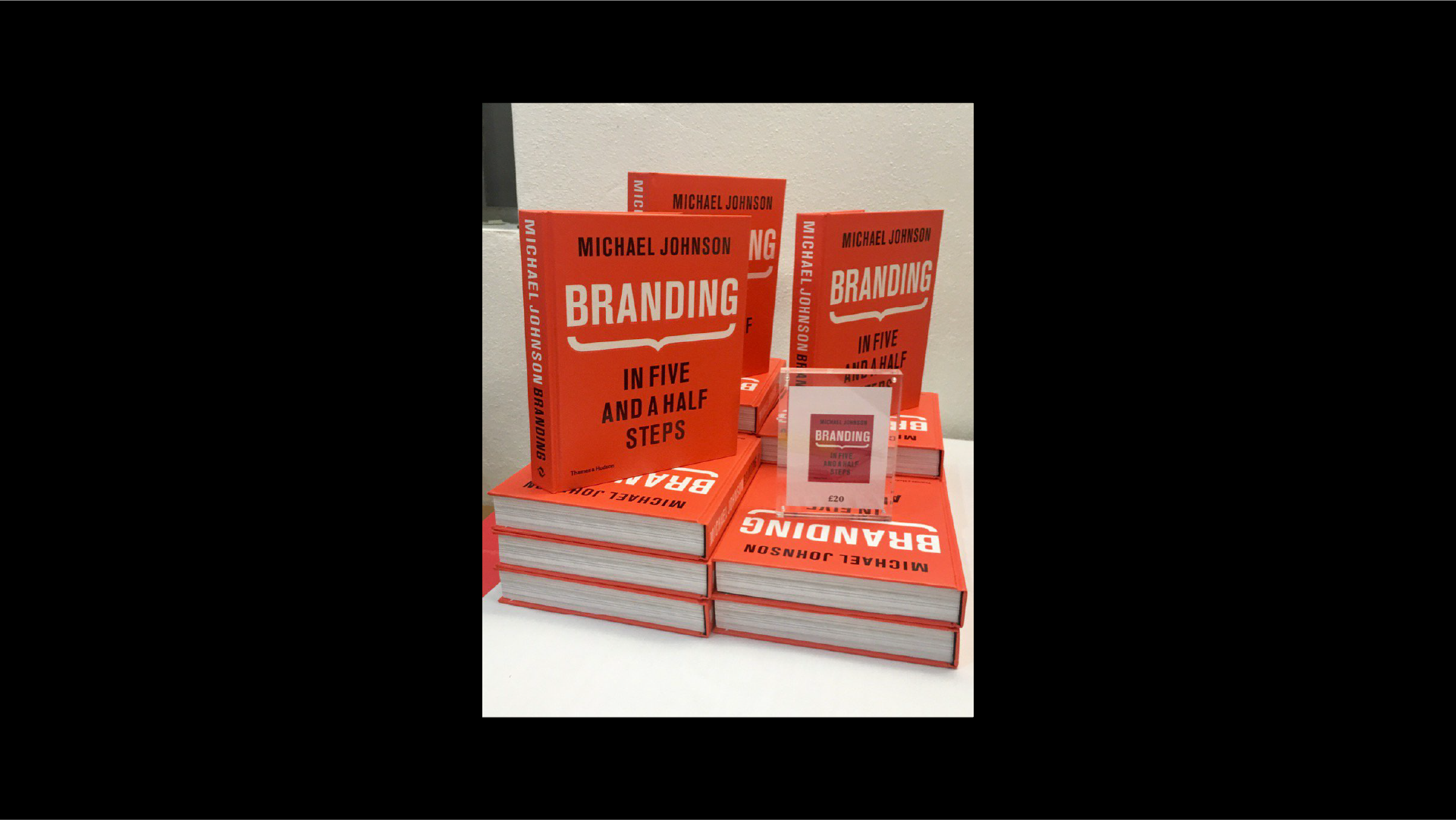
In your Substack article, Purpose Wins. Who Loses? you talk about how purpose-driven work is dominating creative award schemes. Shall we just not enter if we‘re not busy changing the world?
You should ask them! Ideally before paying the entry money.
D&AD is either a creative awards scheme or a social purpose awards scheme. It can‘t be both, and it needs to stop pretending the two somehow magically align. When you do that, you do a disservice to creativity AND social purpose, because the judging system isn‘t designed to assess social impact in any serious way, and the entrants eventually stop believing that creative work will get judged fairly on its own terms.
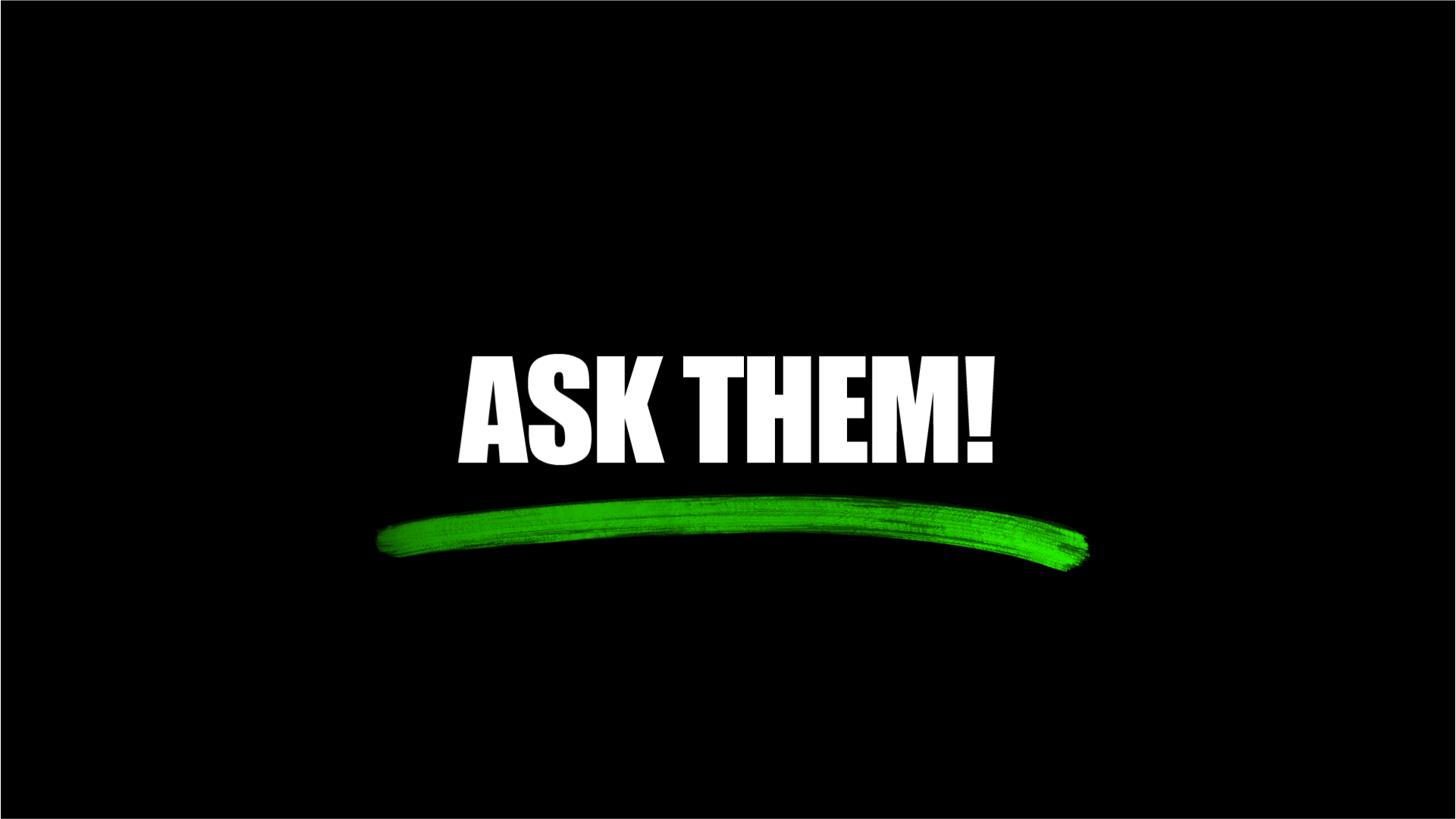
Instead, we get this unsatisfying fudge where the top awards go to superficially purpose-driven work, because it gives everyone a warm feeling about what we do. But in the wider industry, it leads to a lot of cynicism around genuinely important social causes, and lots of justified grumbling from agencies who know a purely commercial piece stands less chance of going all the way.
We‘ve seen purpose-driven brands like Nike and Patagonia thrive, but we‘ve also seen some spectacularly fail, say for example Theranos. Is there a cautionary tale here?
I don‘t think Nike is a purpose-driven brand – its best work has always featured sports people doing sports things, but with a youth-oriented and progressive edge. And its business practices are as questionable as anyone else‘s, including allegations of supporting Uyghur labour, sustaining a huge pay gap, and fuelling fashionable consumption through its sheer existence.
Patagonia is purpose-driven in the way that only a privately-held company can be: there‘s no duty to shareholders, so the owner is theoretically free to put purpose ahead of profit. I‘ve no idea if he always does that, it would take a true saint to get it right all the time.
But he has some degree of freedom to try. Most sectors have a vacancy for at least one brand to be ‘purposeful’ in this way, but it‘s nowhere near a universal model. Even for Patagonia, it becomes less distinctive the more every other brand tries to do it – and I remain uneasy about corporations using their market power to sway votes one way or the other.
(NB: Following recent events at Patagonia, I’ve just written this longer take on them, which sets out a lot of what I think about purpose).
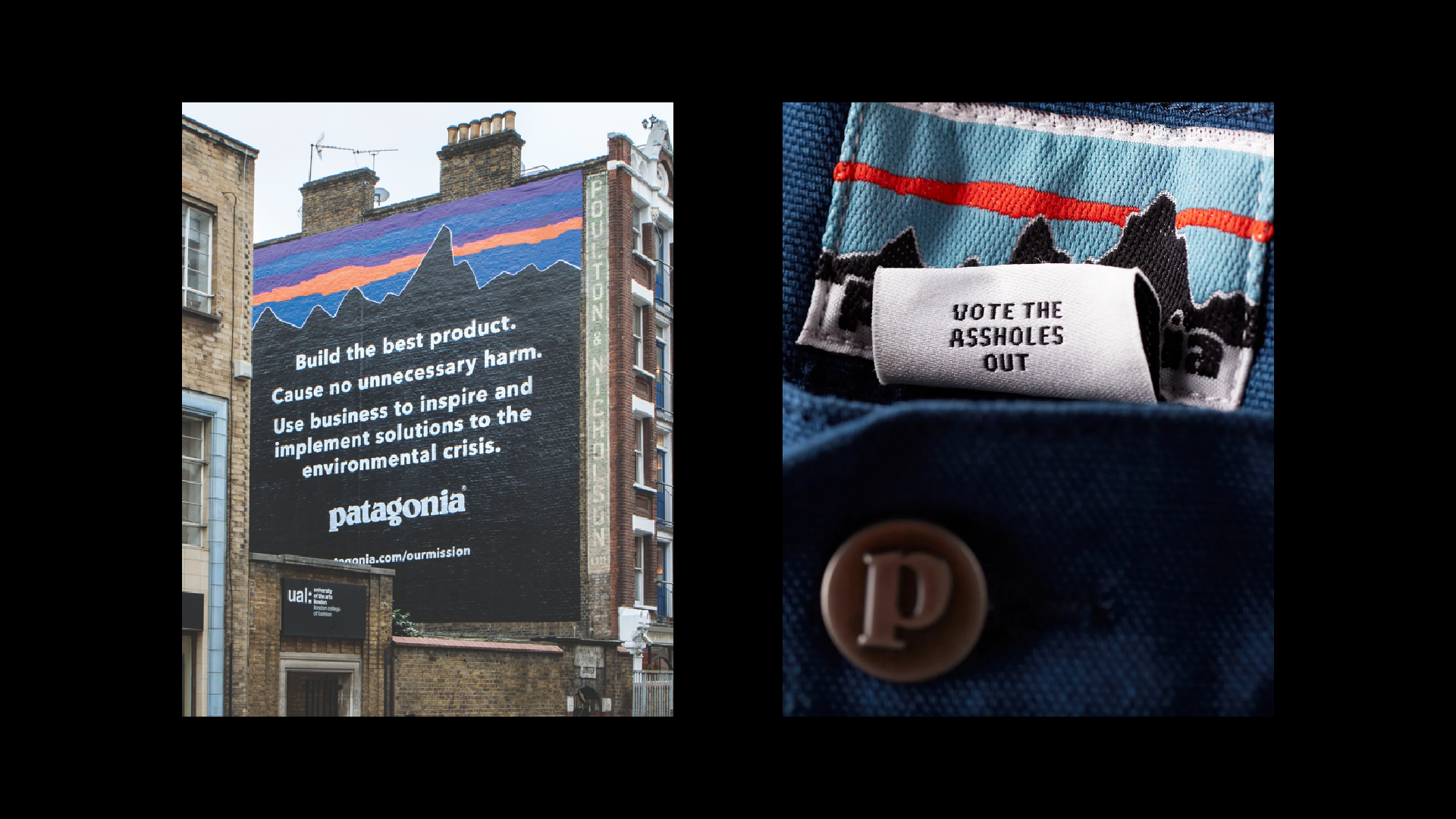
Theranos is an example of what happens when people truly believe in purpose. The scary thing is not that Elizabeth Holmes cynically spouted bullshit, it‘s that she genuinely believed in the bullshit she was spouting. On some level, she felt she was doing the right thing – starting with why, embracing it with passion, not being knocked off course by the naysayers, and ‘moving fast and breaking things’, including things like the law. They call it ‘Noble Cause Corruption’ – this psychological trick you can play on yourself, where you convince yourself that your purpose is noble, so any means towards that end can be justified.
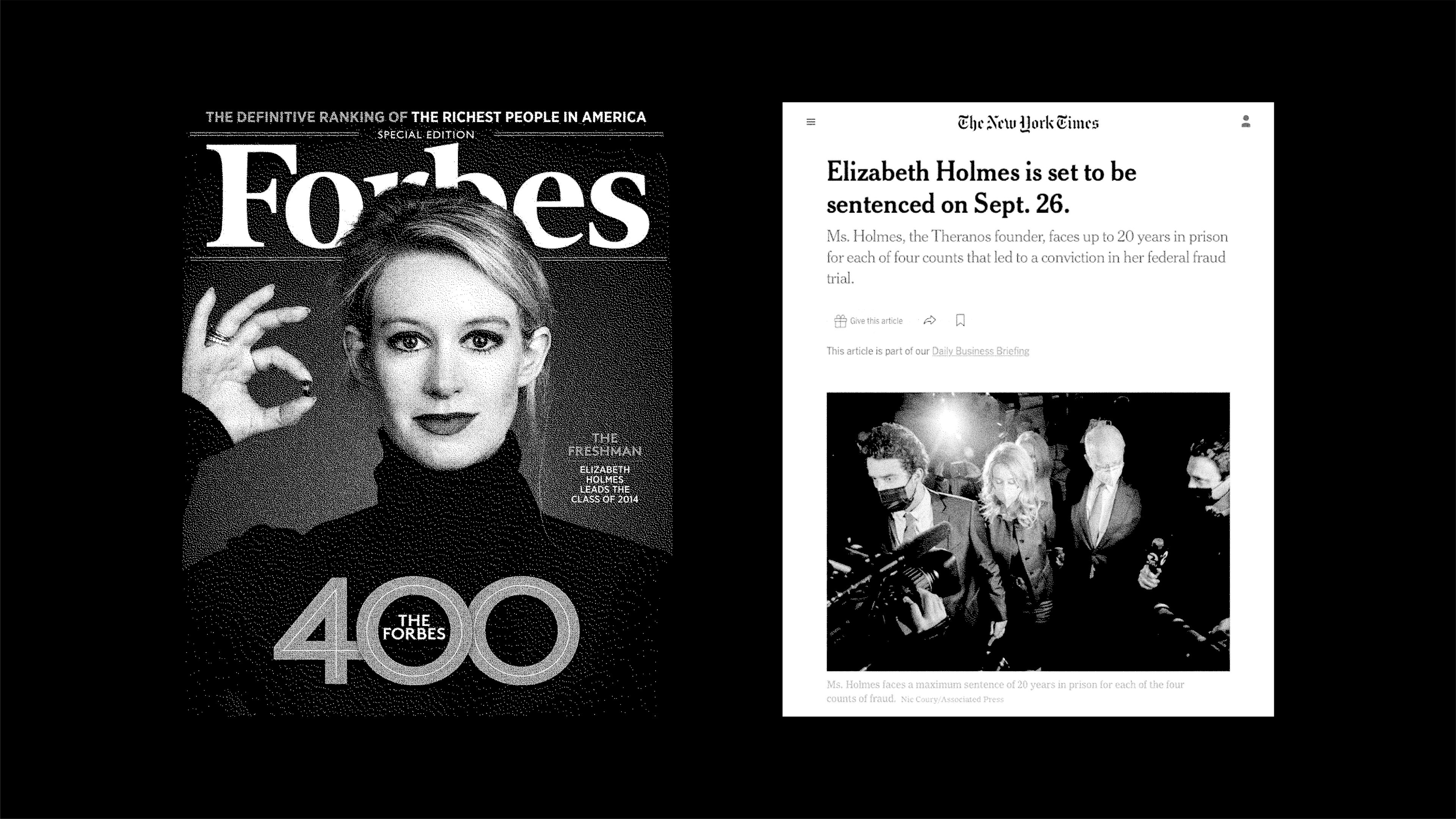
Some brands just want to work hard, turn a healthy profit and deliver a great service. Should they feel guilty about not being purpose-driven?
Nope. They should feel guilty if they‘re dodging taxes, treating their workers unfairly, or using their corporate muscle to interfere in the democratic process.
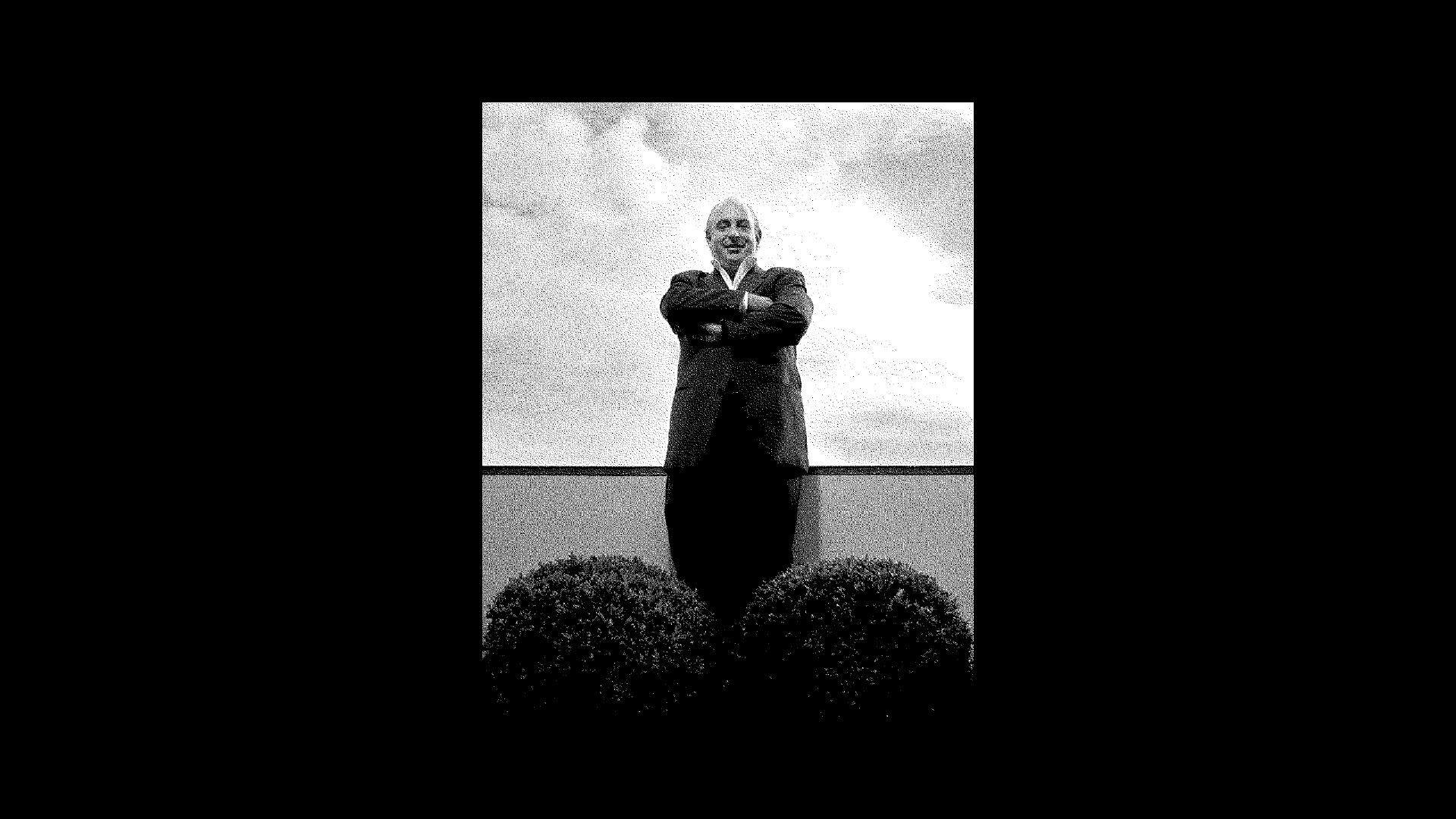
But none of those things have anything to do with purpose.
For some reason, no companies ever make it their purpose to raise the minimum wage or get big money out of politics.
Is there then a fear they get left behind if all of their competitors jump into a purpose-driven world?
There shouldn‘t be. When all your competitors are rushing off in the wrong direction, you get a competitive advantage just by staying where you are. But it also takes some nerve. I‘ve written before about how most people, on some level, have a gut feeling that purpose is bullshit. But it generally helps to act like it isn‘t.
If you‘re a junior designer in an agency or a junior marketer in a big corporate, being vocally anti-purpose might be a risky career move. That‘s partly why I speak out about it – I feel like I‘ve got enough security to speak with at least some freedom, and things only change when people start doing that.
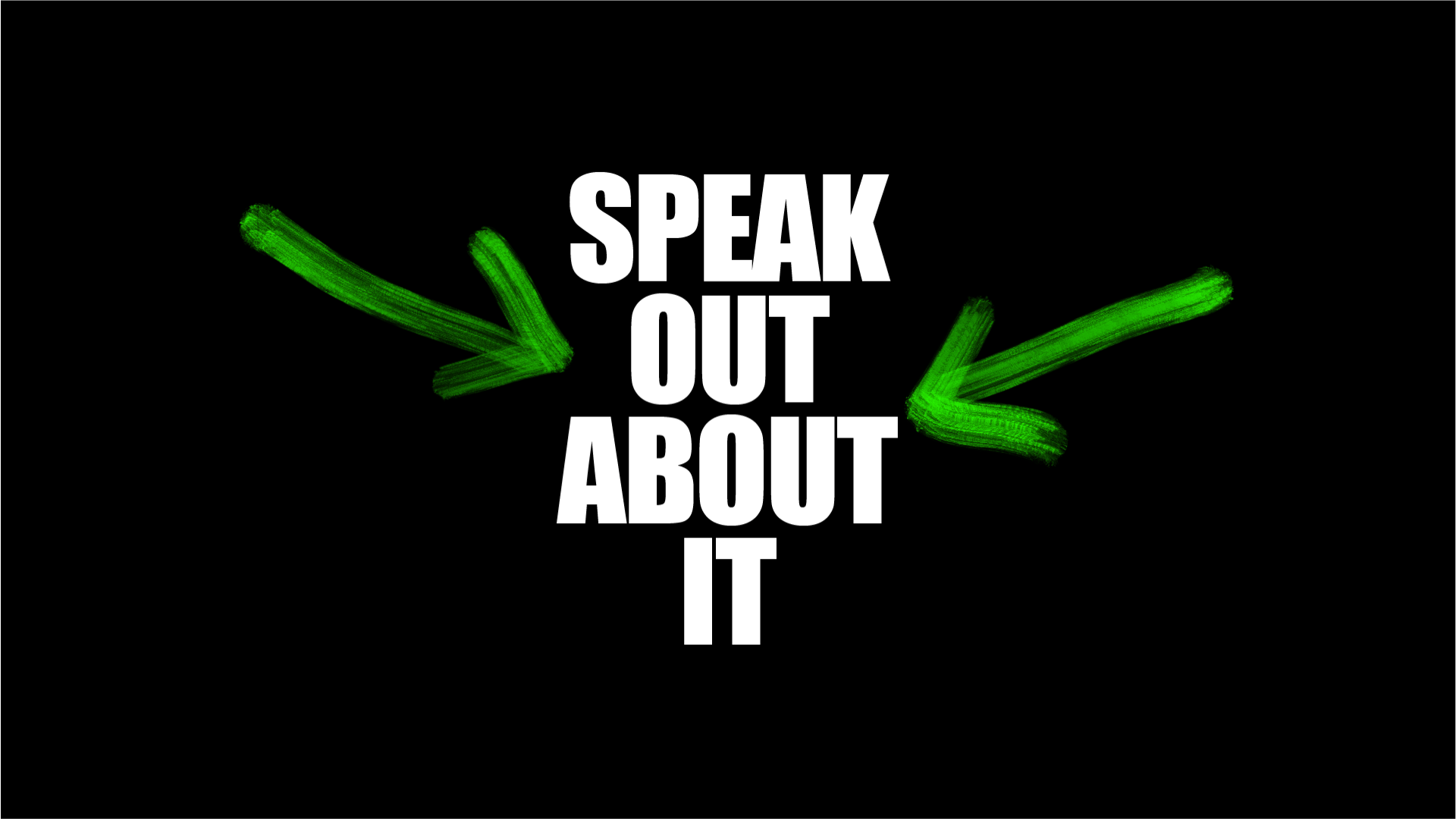
Is this just another flash-in-the-pan trend we‘re going through, like ‘The Big Idea’ and ‘Brand Storytelling’, or is purpose here to stay?
I‘d say the pan has been flashing for 14 years now, so it‘s more than a passing trend. That said, these things do go in cycles. When purpose eventually recedes, I don‘t think it will be because people like me have ‘won’ the argument.
It will be more a question of it feeling less current and cool – people will just be bored of all the inflated claims that go with it. But the deeper argument about the role of business in the world will continue for as long as business is around.

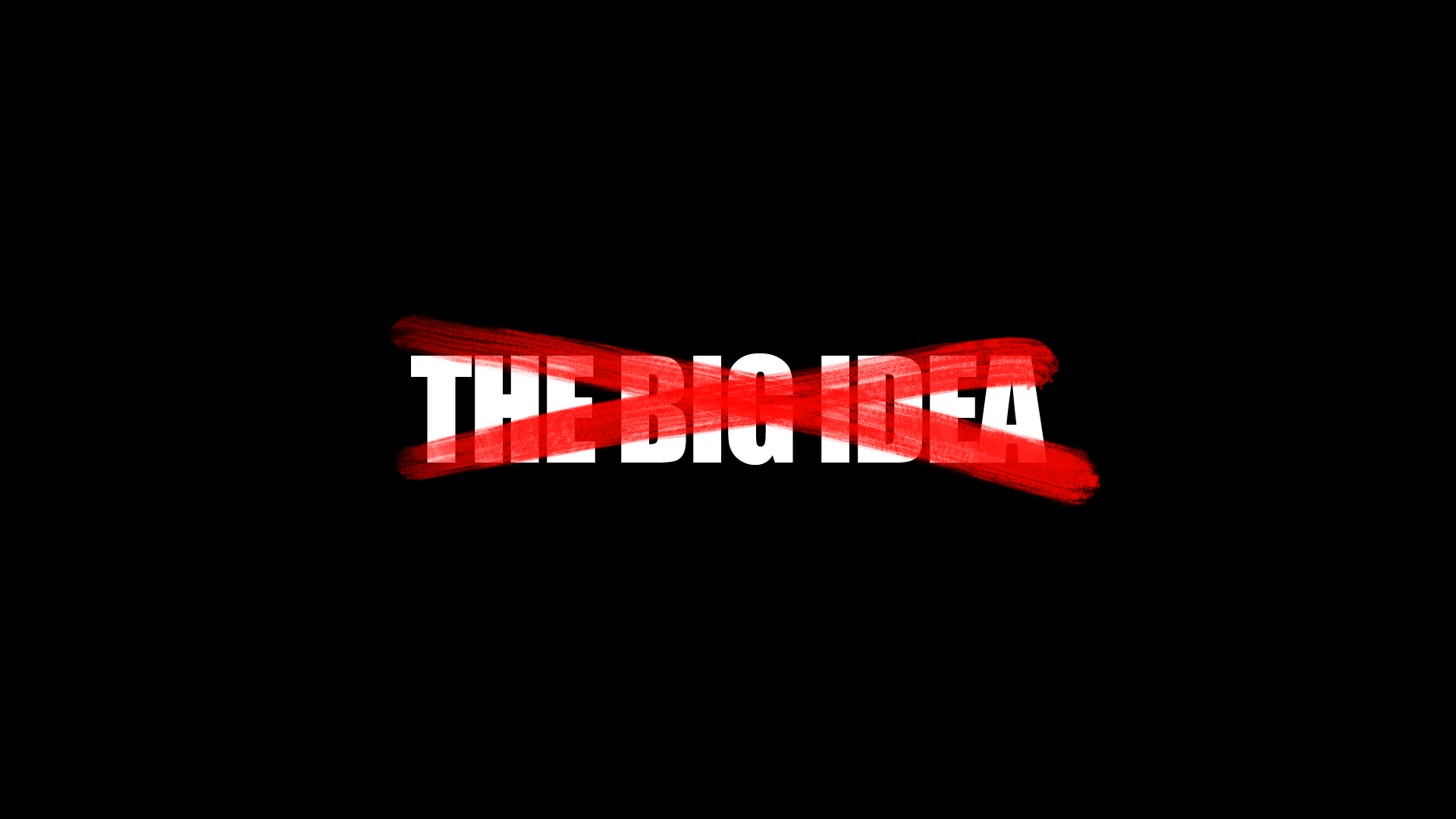
On a completely different subject... what‘s your favourite tagline?
I‘d have to go with ‘Beanz Meanz Heinz’ for its sheer economy and playfulness. It‘s like a little commercial poem.
They actually veered off in a purposey direction recently by changing it to ‘Beanz Meanz More’. Which I think is just about forgivable as a temporary campaign move. But like so many purpose ads, it gets its power by playing off a completely non-purpose-driven approach that has sustained the business for decades, and without which none of the Heinz marketing people would be gainfully employed.
Same for Dove, Pepsi, Unilever and countless other brands who now talk on conference and awards stages about purpose and ‘starting with why’. None of them would be here without the years of no-bullshit commercial and creative work that got them into this position.

Nick Asbury is a writer for branding and design.
He has been described in a Creative Review profile piece as ‘the designer‘s writer’. In 2016, he co-authored the revised and updated edition of ‘A Smile in the Mind: Witty thinking in Graphic Design’.
He writes and blogs for the design and creative press, and is a practising poet and reviewer.

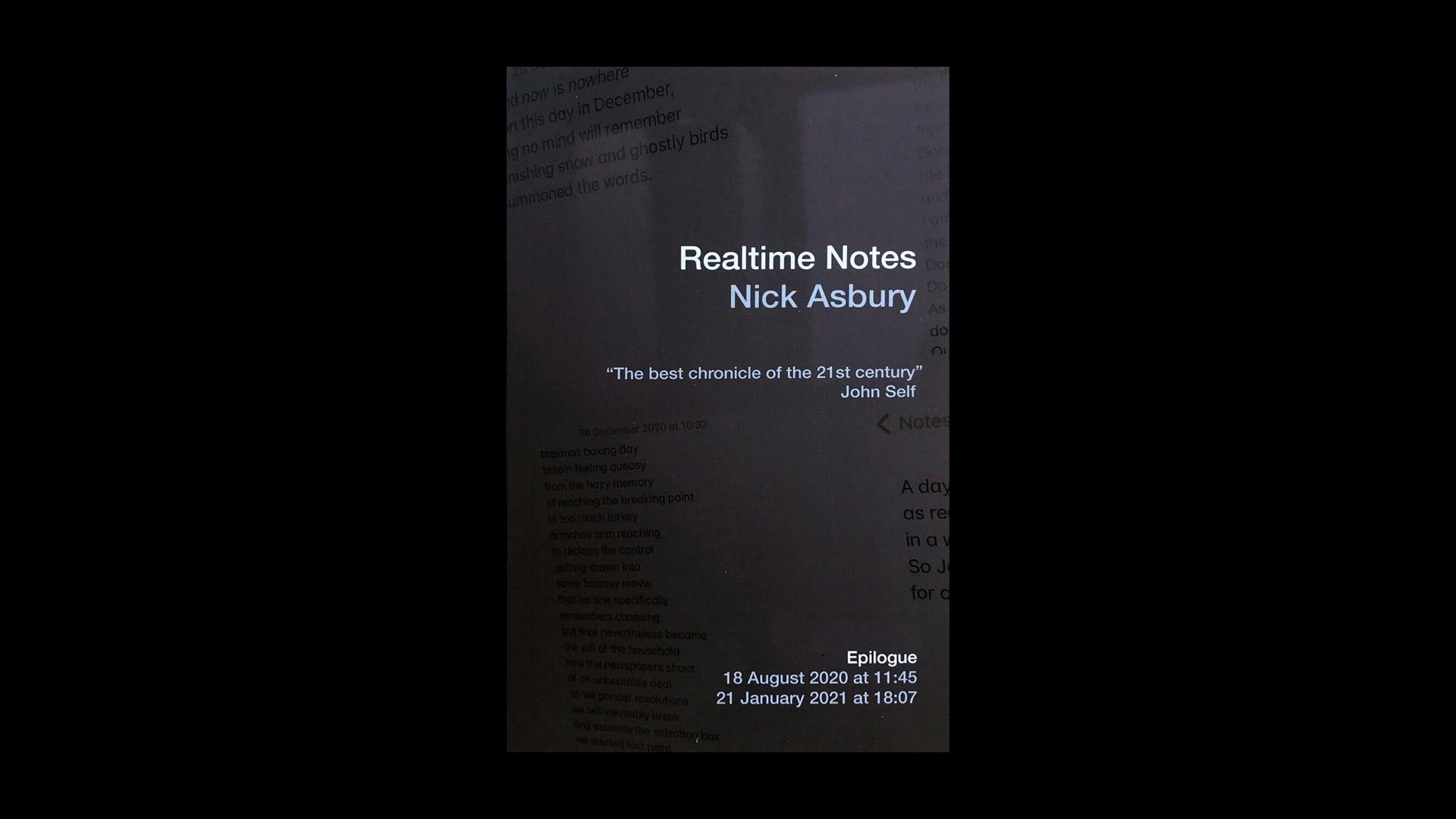
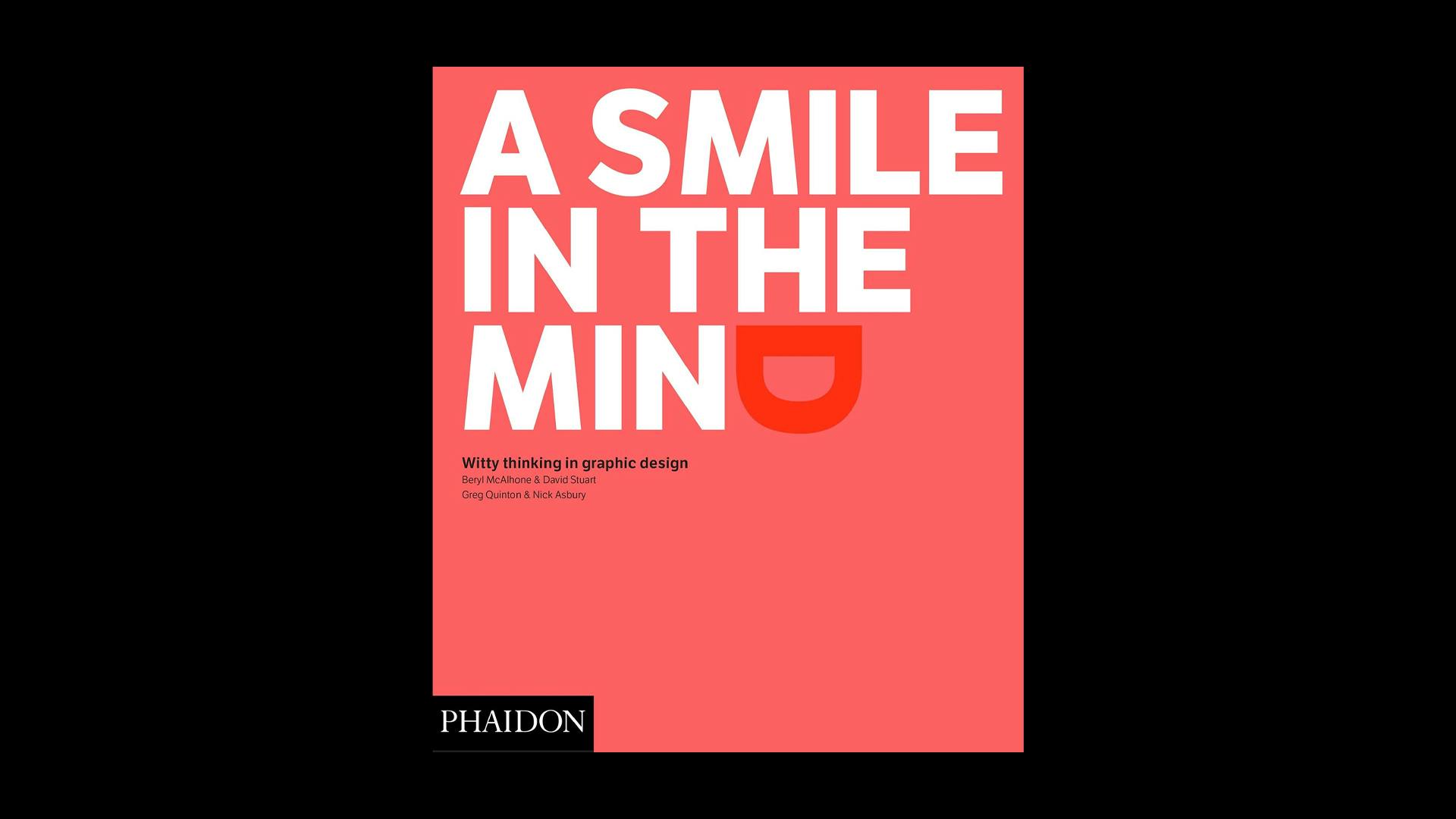
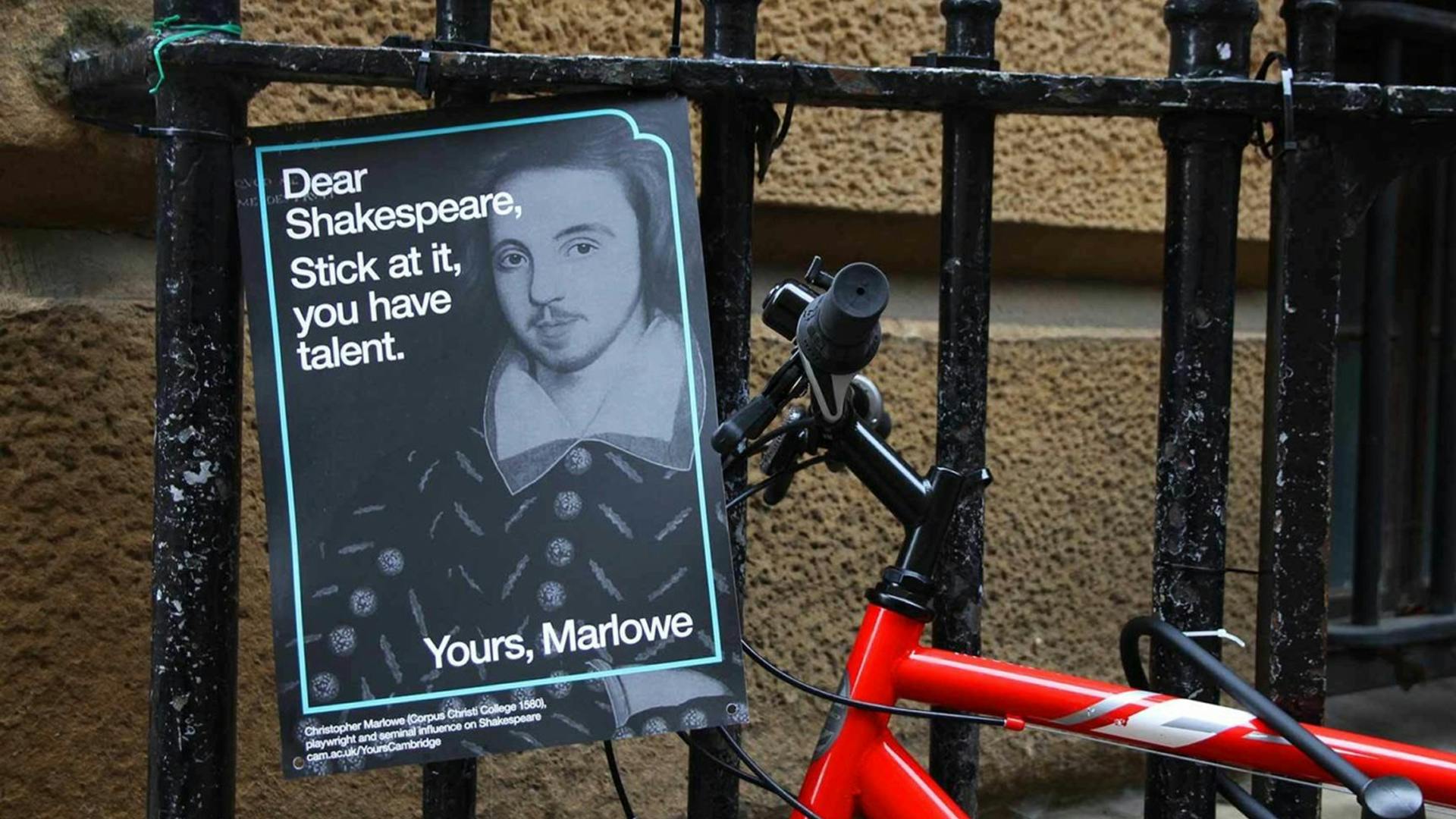
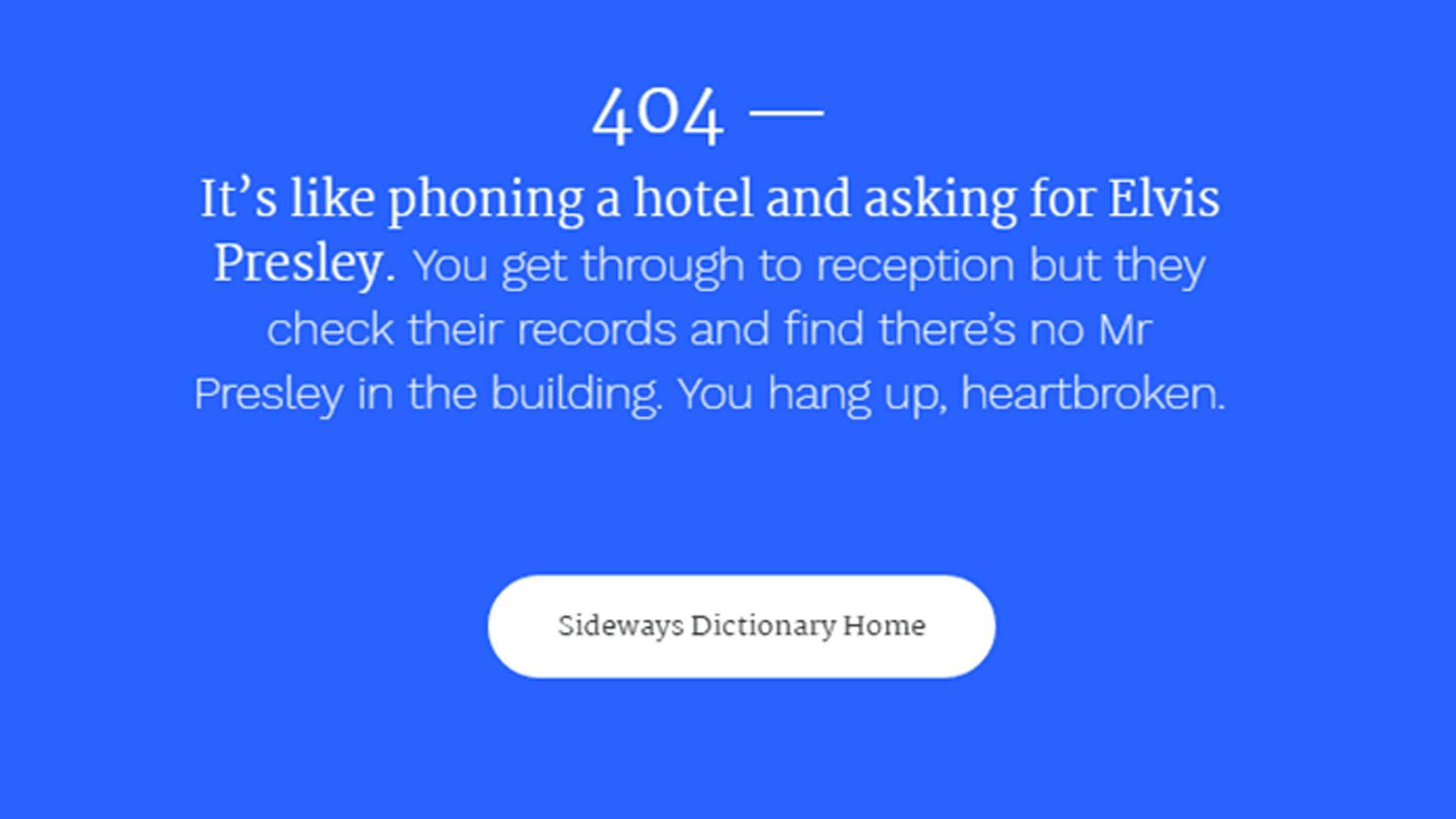

Questions: Stu Watson
Editor: Craig Berry
